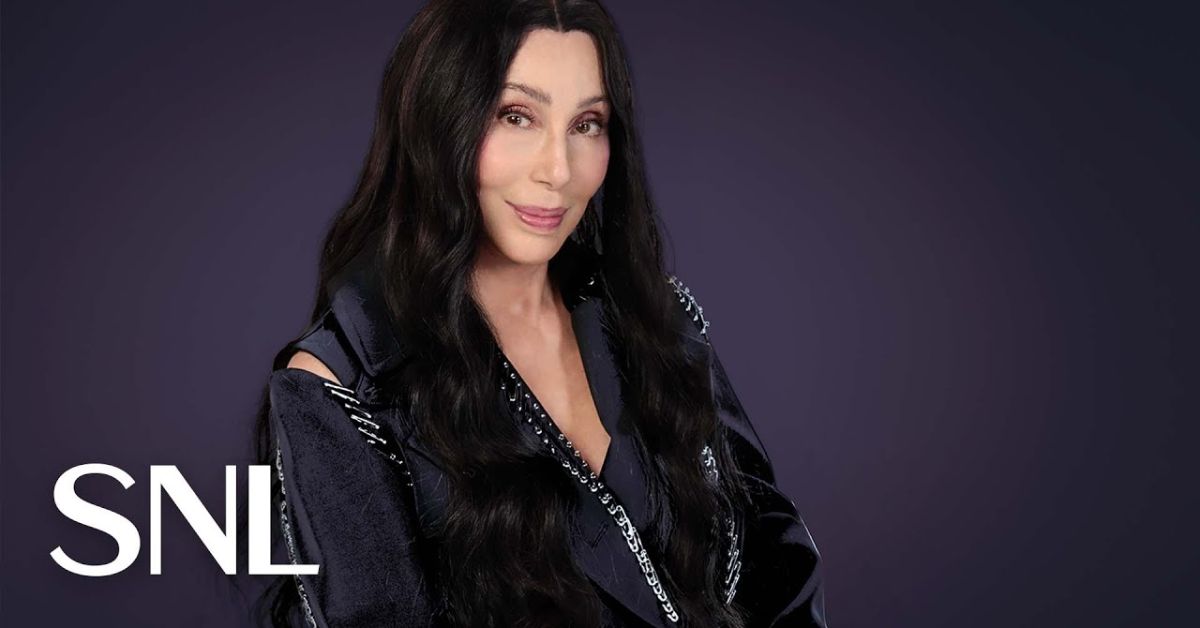Recent headlines have once again thrust autism into the spotlight, but not for the reasons we might hope. Instead of celebrating neurodiversity or advancing our understanding of autism spectrum disorder (ASD), public figures have made controversial statements that link autism to problematic behavior. This trend is not only misleading but also harmful to the autism community. In this blog post, we’ll explore the implications of these statements, the science behind autism, and why it’s crucial to approach such topics with care and accuracy.
The Controversy Surrounding Autism and Behavior
The latest controversy began when Kanye West, a prominent public figure, suggested that autism could explain his past episodes of behavior that many have deemed erratic or concerning. While West has not been diagnosed with autism, his comments have sparked a heated debate about whether autism can or should be used to explain such behavior. Advocates for autism awareness have been quick to point out that this line of thinking is both harmful and false.
“Autism is not a disorder that causes someone to act out or behave in ways that are hurtful or offensive,” says Dr. Emily Johnson, a leading autism researcher. “Autism is a neurological difference that affects how individuals process information and interact with the world. It is not an excuse for harmful behavior, nor is it a cause of such behavior.”
The Impact on the Autism Community
For many in the autism community, these kinds of statements are not just misleading—they’re damaging. By linking autism to negative behavior, public figures like Kanye West perpetuate harmful stereotypes and stigmatize a condition that already carries significant misconceptions.
“Every time a public figure makes a statement like this, it sets us back,” says Sarah Lee, an autism advocate and mother of a child with ASD. “It reinforces the idea that autistic individuals are somehow less than, or that their differences are something to be feared or misunderstood. This kind of rhetoric can have real-world consequences, from bullying in schools to discrimination in the workplace.”
Understanding Autism: Separating Fact from Fiction
To address these issues, it’s essential to have a clear understanding of what autism is—and what it isn’t. Autism Spectrum Disorder (ASD) is a neurodevelopmental condition that affects communication, social interaction, and behavior. It is characterized by a range of experiences and traits, from difficulties with social cues to repetitive behaviors or intense interests in specific topics.
Here are some key facts about autism:
- Autism is not a disease or a defect. It is a natural part of human diversity, and many autistic individuals view their autism as an integral part of their identity.
- Autism is not caused by poor parenting or environmental factors. While the exact causes of autism are not fully understood, research suggests that it is primarily genetic, with environmental factors playing a minor role.
- Autism is not a predictor of behavior. While some autistic individuals may exhibit challenging behaviors, these are often responses to sensory overload, anxiety, or other external factors—not the autism itself.
The Science Behind Autism and Behavior
One of the most important things to understand about autism is that it does not exist in a vacuum. Autistic individuals, like anyone else, are influenced by a wide range of factors that can impact their behavior. These include:
- Sensory sensitivities. Many autistic individuals experience sensory processing difficulties, which can lead to overwhelm or distress in certain environments.
- Co-occurring conditions. Autism often co-occurs with other conditions, such as anxiety, depression, or ADHD, which can influence behavior.
- Environmental factors. Trauma, stress, or lack of support can all contribute to behaviors that are perceived as challenging.
“Behavior is communication,” explains Dr. Michael Carter, a clinical psychologist who specializes in autism. “When we see behaviors that are concerning or difficult, it’s important to look for the underlying causes rather than attributing them to autism. By doing so, we can provide the right kind of support and understanding.”
The Responsibility of Public Figures
Public figures like Kanye West have a unique platform and influence. With that comes a responsibility to use their voices wisely, especially when discussing sensitive topics like autism. While it’s understandable that individuals may have questions or misconceptions about autism, it’s crucial to approach these topics with care and respect.
“Public figures have the power to shape public opinion and influence cultural attitudes,” says Rachel Green, an autism advocate and writer. “When they make statements that are inaccurate or harmful, they not only misinform the public but also contribute to the marginalization of autistic individuals. It’s important for these figures to educate themselves and use their platforms to amplify autistic voices rather than spread misinformation.”
Moving Forward: Promoting Awareness and Acceptance
While the recent controversy surrounding autism and behavior is disheartening, it also presents an opportunity for growth and education. By engaging in open and honest conversations about autism, we can work to dispel myths, challenge stereotypes, and promote greater understanding and acceptance.
Here are some steps we can all take to promote awareness and acceptance:
- Educate yourself. Take the time to learn about autism from reputable sources, such as the Autistic Self Advocacy Network (ASAN) or the Autism Society.
- Amplify autistic voices. Listen to and share the perspectives of autistic individuals, who are the true experts on what it means to be autistic.
- Advocate for inclusion. Support policies and initiatives that promote inclusion and accessibility for autistic individuals in schools, workplaces, and communities.
- Speak out against misinformation. When you hear someone making inaccurate or harmful statements about autism, gently correct them and provide accurate information.
Conclusion: The Power of Awareness and Understanding
The recent controversy surrounding autism and behavior is a stark reminder of how much work remains to be done in promoting awareness and understanding of autism. By taking the time to educate ourselves, amplify autistic voices, and advocate for inclusion, we can work to create a more accepting and supportive world for all autistic individuals.
Autism is not a cause of harmful behavior, nor is it something to be feared or misunderstood. It is a natural part of human diversity, and it is up to all of us to ensure that autistic individuals are treated with the respect, dignity, and understanding they deserve.











